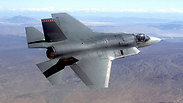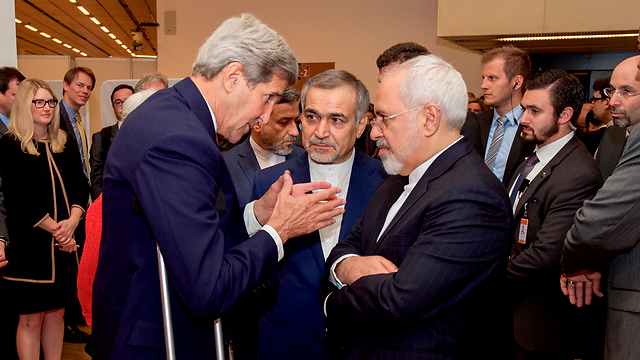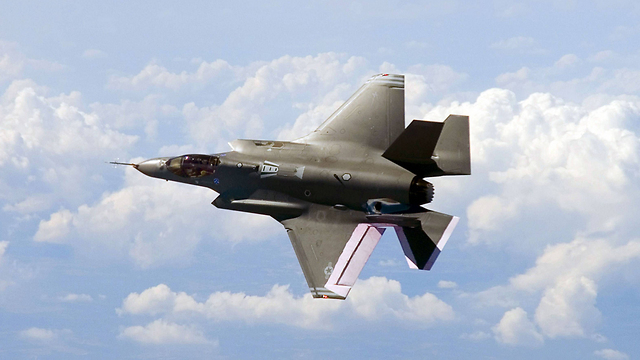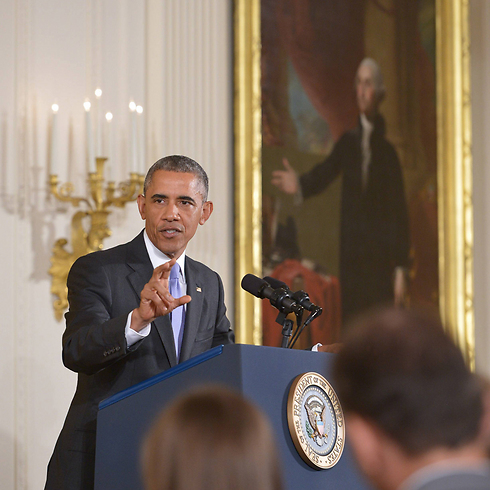
If Israel is attacked by Iran, the United States will protect it, a senior US official said in a press briefing on Monday.
"We live this commitment every day, it's something we do for Israel on a daily basis," he said. "We have a relationship of allies and the word ally has meaning for us. It means that if you are attacked we will defend you as we would a NATO member."
According to the official, the US is "shocked" by the Iranian leadership's calls to destroy Israel after the signing of the agreement.
"This is not the way a country should behave in today's world. But that does not mean that we shouldn't sign an agreement that reduces the risk of Iran becoming a nuclear state. We do not expect Iran to radically change its behavior following the agreement. We are trying to deal with the nuclear issue and bring it to a level of transparency and visibility. It's not that we think that Iran has changed and its leaders want to create peace and harmony. I do not think that Iran is a part of the solution. Perhaps in the future if it changes its behavior."
"We believe this deal reduces the need for a military attack," the official said. "We understand that the military option is always an option for Israel and the US, but the agreement makes the military option less necessary. But Israel has a right to self-defense, we understand that."
He pledged that the United States will ensure Israel's qualitative military edge and increase its military aid in the field of missile defense and the war on terror.
"This is something that is in legislation. It is about what we sell to Israel to secure the lead, and how we monitor arms sales to the region so that Israel maintains its superiority. Therefore, the sale of F-35 and other systems is critical. This was our way to maintain Israel's qualitative edge and it will remain so. The agreement with Iran is about its nuclear capabilities and not its conventional capabilities. We ensured the qualitative edge before the agreement and will continue doing so."

The official went on to say that on the day after the implementation of the agreement there will not be a conflict of interests between Israeli intelligence and American intelligence in the effort to discover violations of the deal in Iran.
"US intelligence will continue to check Iranian compliance with the agreement with laser accuracy, and any attempt to deceive or mislead the supervision will be revealed. The goal is to provide policymakers with the right information and share it with the Israelis."
The American source also addressed the issue of the money that will start flowing to Iran following the lifting of the Western-imposed sanctions, and insisted there would be no relief from the restrictions imposed on it as a result of its support of terrorism and its human rights violations.
The official said that Israeli officials expressed concern about the sale of advanced military capabilities to the Gulf states, and the issue came up, inter alia, during the visit of US Secretary of Defense Ash Carter in Israel two weeks ago, and even before that.
He denied reports that the United States intends to provide Egypt or the Gulf states with F-35 jets. "There will be no sale of F-35s to any other country in the region except Israel, and reports on that are not true," he stressed.
Addressing the strained relations between Prime Minister Benjamin Netanyahu and the Obama administration, the official said that this will not affect security cooperation.
"Defense relations have never been so strong. Despite the political tensions, our relationship remains the cornerstone of our approach to the Middle East. Our relations are unprecedented in terms of their depth. From the level of colonel in the army to the highest levels of the military and political leadership, they are in weekly contact with their Israeli counterparts. During his visit to Israel, Secretary of Defense Carter discussed cooperation on what we can do against the threat Hezbollah poses in the north, Iran's support for terrorism and also Sunni extremism and violence."
The official also addressed the issue of the "compensation package" Israel is supposed to receive following the agreement with Iran. Netanyahu refuses to enter negotiations on the content and scope of the package so it would not be interpreted as Israel accepting the agreement.
Israeli officials have warned that after the signing of the agreement, Obama became less generous, but the US official explained that there is no significance to the timing of these conversations and that the package will be "generous" in any case.
"We talked about increased cooperation in certain areas but there was no discussion of the package," he explains. "What we heard from other parts of the administration is a desire to enter into talks on defense aid to Israel. During the defense secretary's visit to Saudi Arabia, there was no discussion about a compensation package but rather continued cooperation."


















